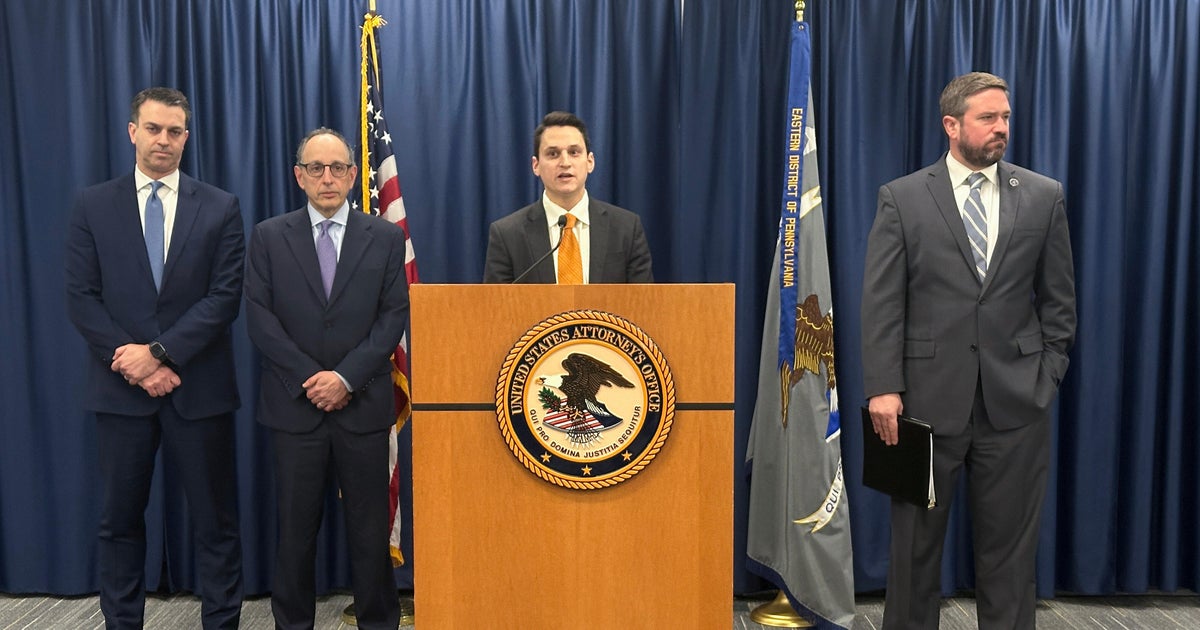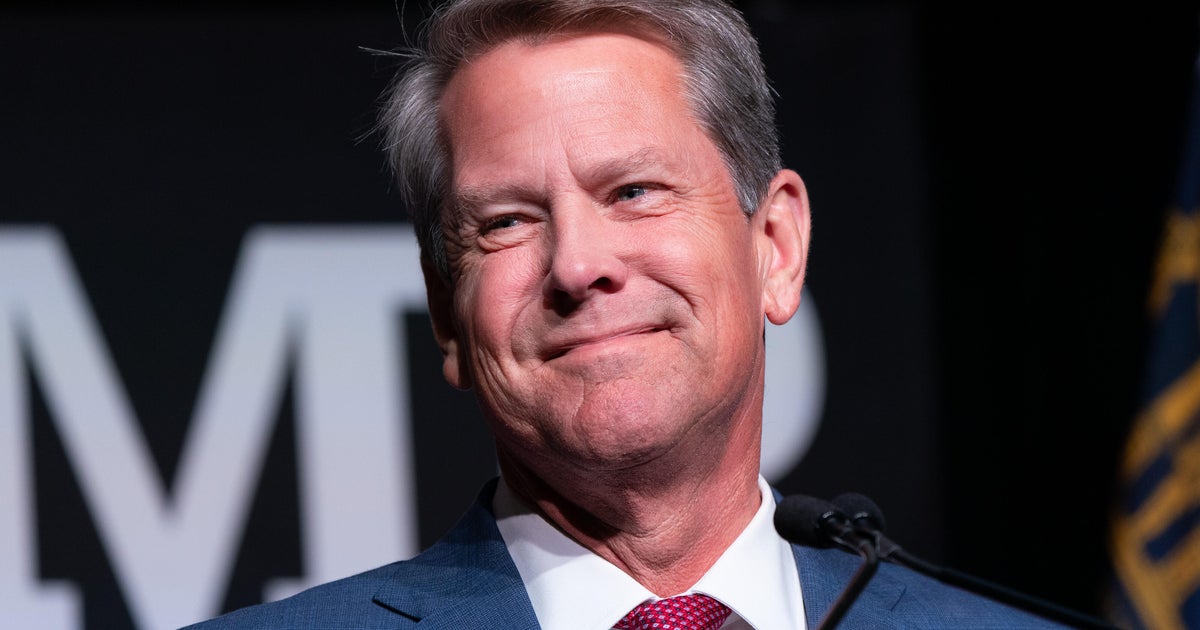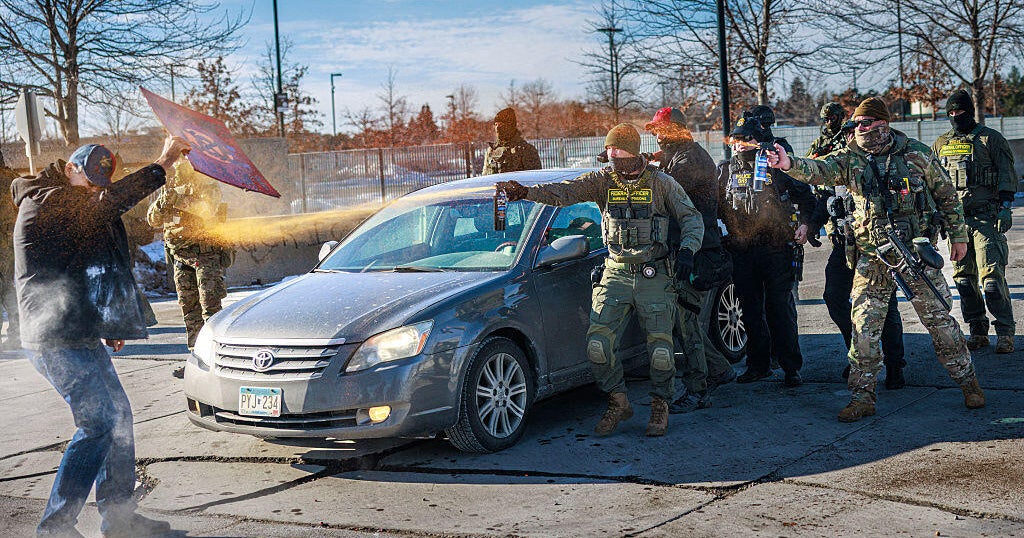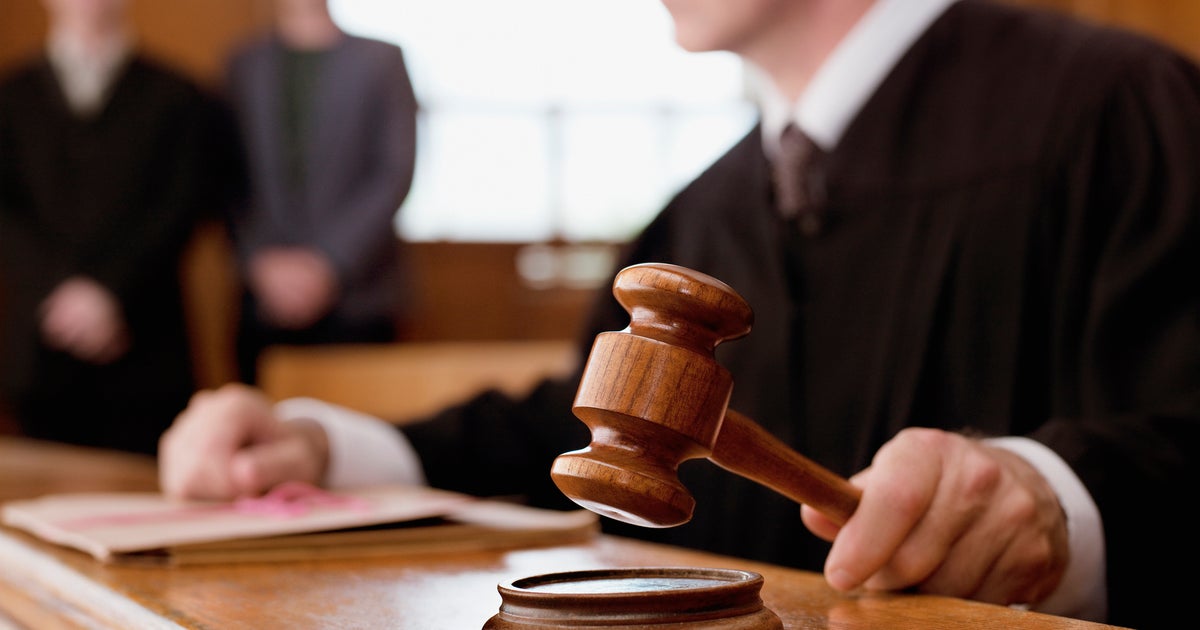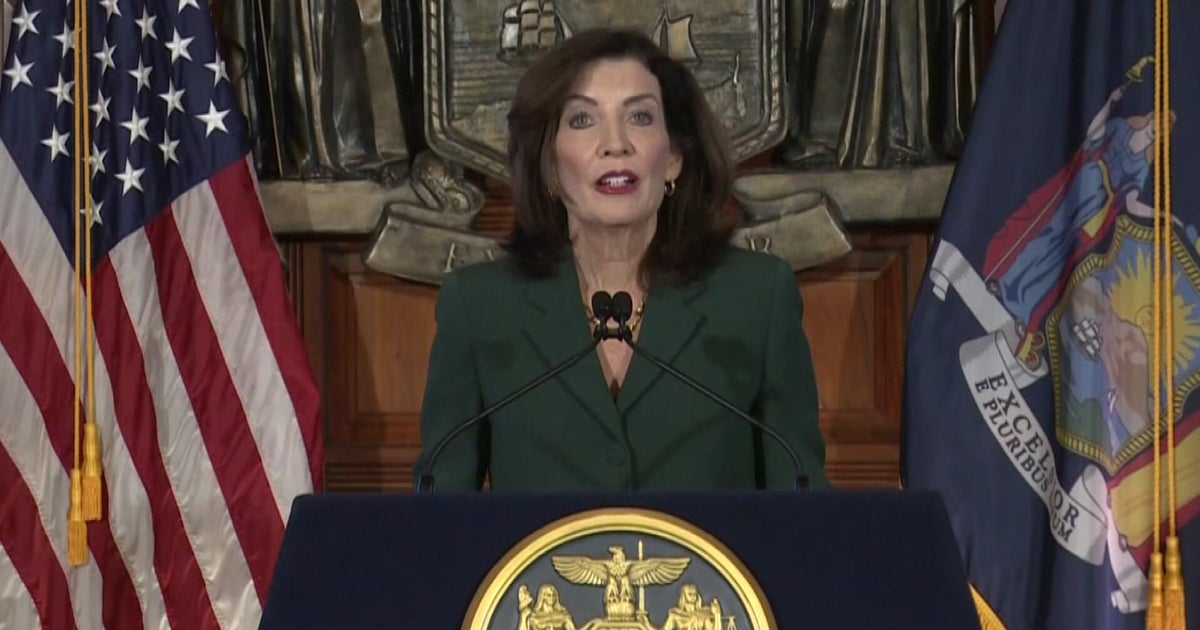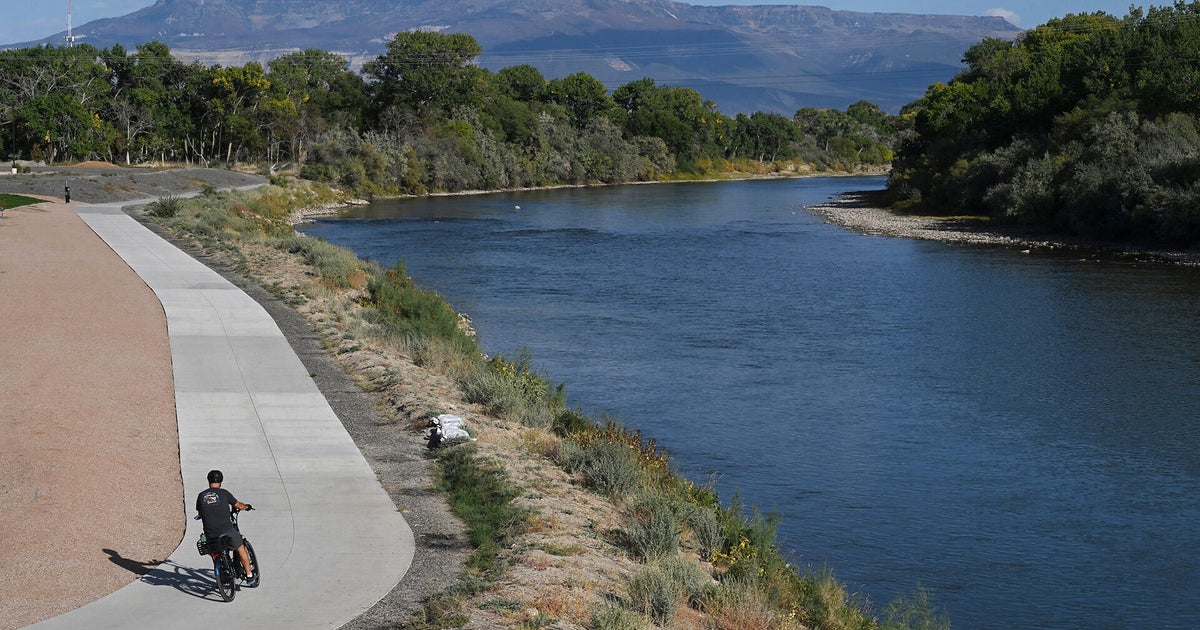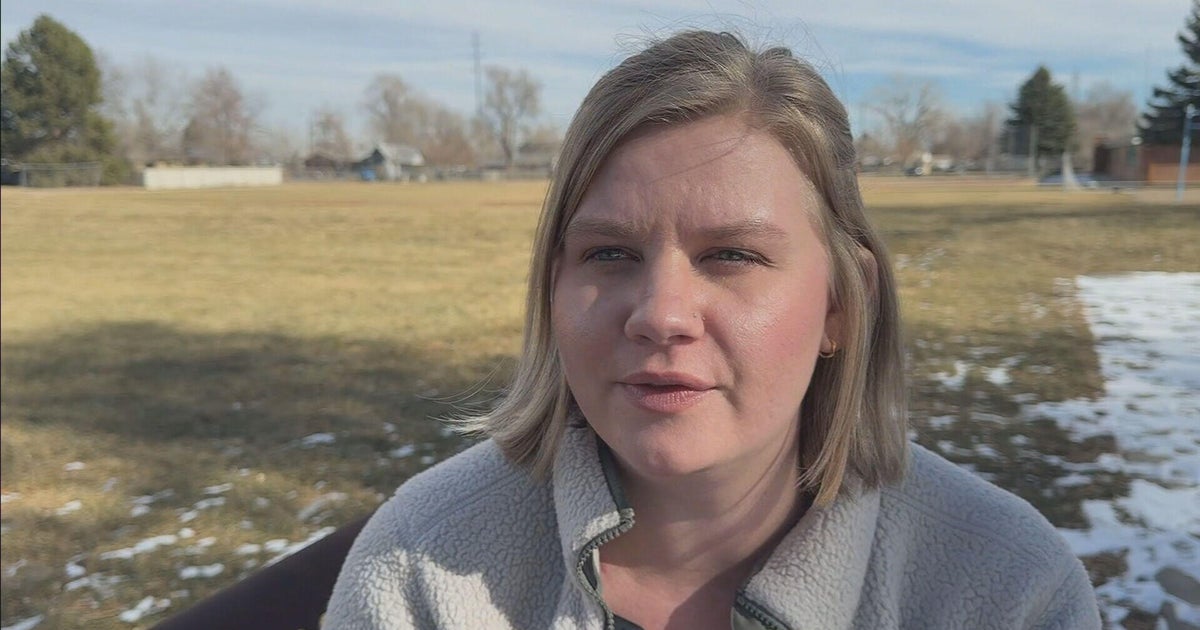Federal Judge Throws Out Florida Sports Betting Compact With Seminole Tribe
TALLAHASSEE (CBSMiami) --A federal judge has handed Gov. Ron DeSantis and the Seminole Tribe of Florida a sizable defeat by overturning the state's gambling compact. The ruling late Monday by Judge Dabney L. Friedrich struck down the state's $2.5 billion deal with the tribe and brought an end to online sports betting in Florida.
Judge Friedrich ruled the gambling compact violated federal Indian gaming law and invalidated the entire agreement.
The tribe's online sports betting quietly launched on Nov. 1, under a so-called hub and spoke design, which means the Tribe could take bets from any phone or laptop anywhere under the theory it was legal because the servers are located on tribal lands.
However, the judge decided it violated terms of the Indian Gambling Regulatory Act, which requires all state-sanctioned gambling to take place on tribal land.
Asked about the decision Tuesday morning during an appearance in Broward County, Governor Ron DeSantis said he thought the decision would be appealed.
"We also knew when you do hub and spoke, it was unsettled legal issue. We structured the compact, so the compact was preserved for the casinos and other stuff. So, we're going to be getting revenue. Obviously, we'll be getting less revenue from sports betting if we are not able to do hub and spoke. But I would imagine that's going to be appealed."
But an appeal is problematic. The tribe was not a party to the suit, nor is the state. Only the Department of Interior can appeal. And because he wasn't briefed beforehand, the state may not get any revenue since the compact signed in 2010 is now in effect.
The Governor's office says his legal team is trying to figure out its options.
Meantime, the ruling is a big win for Magic City Casino in Miami and Bonita Springs Poker Room in Southwest Florida, whose owners challenged the deal after it was approved by the state legislature earlier this year.
A statement from Magic City Casino reads, "Last night's ruling was a victory for family-owned businesses like ours who pay their fair share in taxes and believe the free market should guide the business operations of gaming venues. We would like to thank our legal team at Boies Schiller for their outstanding efforts. The judge clearly understood the blatant violation of IGRA as her ruling demonstrates. We look forward to working with the Governor, Legislature, and the citizens of Florida to pave a path forward that ensures a fair gaming marketplace exists in Florida."
The judge's decision also blocks the tribe's Hard Rock casinos in Broward and Hillsborough counties from becoming full Las Vegas-style casinos because the struck deal down also allowed the tribe to add roulette and craps to its casino operations.
Friedrich's ruling injects uncertainty into the Seminoles' future sports-betting activities.
However, the tribe's Hard Rock app was still accepting wagers Tuesday morning, and a spokesman did not say whether the Seminoles plan to shut it down.
"The Seminole Tribe is reviewing the judge's opinion and carefully considering its next steps," Gary Bitner, a spokesman for the tribe, said in an email.
"Judge Friedrick got a few things right but a lot of things wrong," said
Gaming Law expert Prof. Bob Jarvis from Nova Southeastern University. He says a federal judge got it wrong when she threw out the gaming compact between the Seminole Tribe of Florida and the state. "I think that either the dc circuit will correct her or the US SUpreme court will correct her or congress will correct her," he said.
Meanwhile, digital wagering platforms DraftKings and FanDuel each have contributed $10 million to a political committee backing a proposed constitutional amendment in Florida that would legalize sports betting at professional sports arenas, pari-mutuel facilities and statewide via online platforms. The proposal would go on the November 2022 ballot if the committee can collect enough signatures and get Florida Supreme Court approval of the wording.
